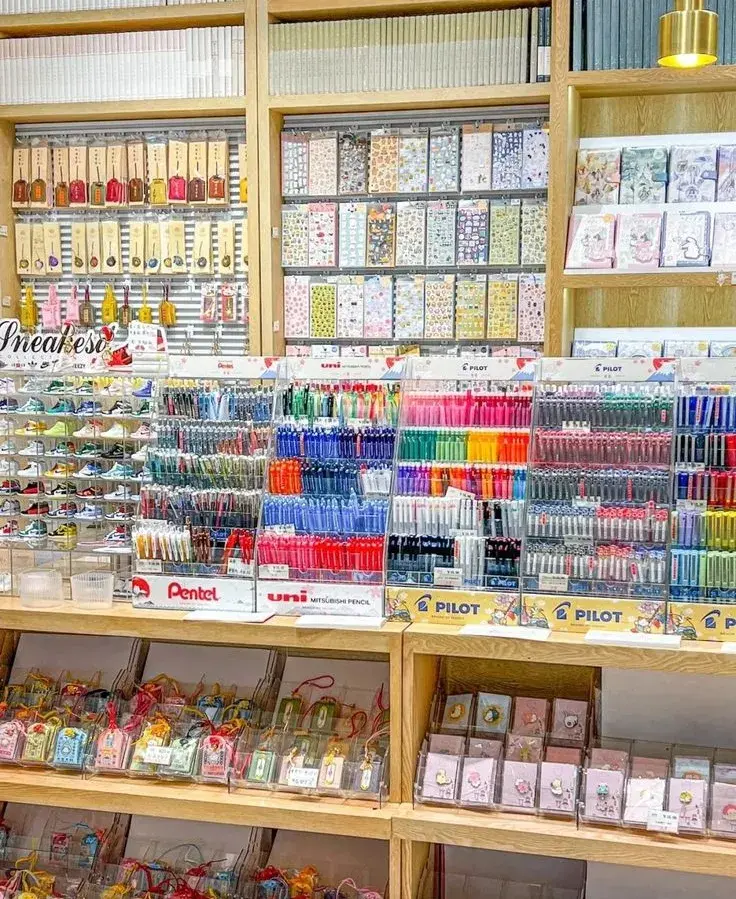KSSM Secondary Form 1 English Exercises Set 3
Unit THEME: Health and Environment
Jenny: Do you know that we have to be very careful when we dispose of our electronic waste?
Ben: What do you mean?
Jenny: Well, electronic waste that is not disposed of properly can be very harmful to our
environment. Electronic equipment that is thrown away is also known as e-waste. It
includes phones, computers and other electronic items which are not used any more.
Ben: Do people have a lot of e-waste?
Jenny: Yes. Do you know that many people upgrade their computers, devices and gadgets
every three to five years? Old laptops, cameras, computers, mobile phones, batteries
and bulbs which are thrown away create a large amount of useless waste. There are
methods to deal with e-waste so that it is recycled or disposed of carefully.
Ben: Does this mean that we mustn't just throw these items into our bins with all our other
rubbish?
Jenny: That’s right. If your community has a recycling centre or weekly recycling services, then
you should use those services to dispose of your electronic items. If your community
doesn't offer recycling services, then you can search online for an e-waste recycling
provider and take your devices to them.
Ben: But that’s so much trouble!
Jenny: Sometimes there are people who come around collecting unwanted items. You can
always ask them if they want some of your unwanted electronic equipment. We need to
make some effort to save our environment, otherwise the generations to come will suffer
the consequences. Pollution is a big problem!
A Read the dialogue above. Then, write suitable questions for the answers given below.
1.
We must dispose of it properly because it can be very harmful to our environment.
2.
It is electronic equipment that is thrown away.
3.
There is a lot of e-waste because people throw away their old electronic devices.
4.
>We should dispose of it by giving it to a recycling centre.
5.
The generations to come
B Look up the definitions of the following words and phrases with the help of an online
1. dispose of
2. upgrade
3. consequences
Relative Clauses
A relative clause is most often used to describe or give information about the noun that comes before it. Relative pronouns that do this include ‘who; ‘whom; ‘whose; ‘that’ and 'which':
Examples:
who/whom
- Used for people
- Sometimes there are people who come around collecting unwanted items.
- The boy who lives next door is very friendly.
- The pretty girl whom you met loves writing letters.
whose
- Used to indicate possession
- Elijah is the student whose grades are always the highest.
that/ which
- Used to refer to animals or things
- Electronic waste that is not disposed of properly can be very harmful to our environment.
- Electronic equipment that is thrown away is also known as e-waste. It includes phones, computers and other electronic items which are not used any more.
- Old laptops, cameras, computers, mobile phones, batteries and bulbs which are thrown away create a large amount of useless waste.
Relative pronouns join clauses together, like conjunctions.
Example:
What is the name of the teacher? He just walked in.
What is the name of the teacher who just walked in?
C Use the word in brackets to join two clauses together.
1 The medicine tastes horrible. The doctor gave it to me. (which)
2 The man is picking up rubbish in the park. He is my neighbour. (who)
3 This is the man. His leg was broken in an accident. (whose)
4 Dont eat those fruits. They are rotten. (that)
5 This is the house. It is the cleanest in this area. (that)
6 Felicia found her bag. She left it in the clinic yesterday. (which)
7 This is Tun Omar Hospital. It is the best hospital in town. (which)
8 Balais my son. He is an optician. (who)
9 I lent you some books. They are about saving the environment. (that)
10 My brother is a doctor. He works in a hospital. (who)
D Match the two parts of the sentences.
A. likes to clean itself.
B. was admitted to hospital.
C. started by accident.
D. painted all over the walls of the school hall.
E. is very dirty and not well maintained.
F. always smells bad.
G. runs a busy clinic.
H. whose father is a nurse?
I. is very particular about keeping the school clean.
J. whom you met last week.
1. Dr Lim, who is my favourite doctor,
2. The garbage, which is only collected twice a week,
3 Do you know the girl
4 Sonya, who was very sick,
5 This is my cousin,
6 The forest fire that destroyed a lot of homes
7 Puan Hasnah, who is my English teacher,
8 The playground that the students use
9 The kitten, which Janet rescued,
10 The boys, who are being punished,
E As the Secretary of the Environmental Club, prepare a report on the recycling campaign. The main points can be seen in the following point forms:
-Caring for our environment-encouraged by environmental club
-recycling event-recycling quiz-recycling demonstration
-jumble sale
To:
From:
Subject:
F In the poem ‘Sad I Ams' by Trevor Millum, the poet mentions many items that are unused Hots and no longer wanted. Think of ways that we can reuse some of these items.
An example is given below.
Example:
-Ring from an empty Cola can
You can create interesting earrings, necklaces and bracelets with the rings of empty cans.
-Scrapings from an unwashed porridge pan
-Envelope on which the gum is gone
-Tyre on which the tread is worn
If anyone has anything to discuss regarding to the kindly please comment in the facebook page
here.
如有需要讨论任何题目或有什么要基于改进的留言可到
面书上 留言。
More Free Exercises:
Form 1 ExercisesEnglish Exercises
Latihan Bahasa Melayu
Latihan Matematik
Latihan Sejarah
Latihan Geografi
Latihan Sains
Form 2 Exercises
English Exercises
Latihan Bahasa Melayu
Latihan Matematik
Latihan Sejarah
Latihan Geografi
Latihan Sains
Form 3 Exercises
English Exercises
Latihan Bahasa Melayu
Latihan Matematik
Latihan Sejarah
Latihan Geografi
Latihan Sains
Form 4 Exercises
English Exercises
Latihan Bahasa Melayu
Latihan Matematik
Latihan Sejarah
Latihan Biologi
Latihan Kimia
Latihan Fizik
Form 5 Exercises
English Exercises
Latihan Bahasa Melayu
Latihan Matematik
Latihan Sejarah
Latihan Biologi
Latihan Kimia
Latihan Fizik

